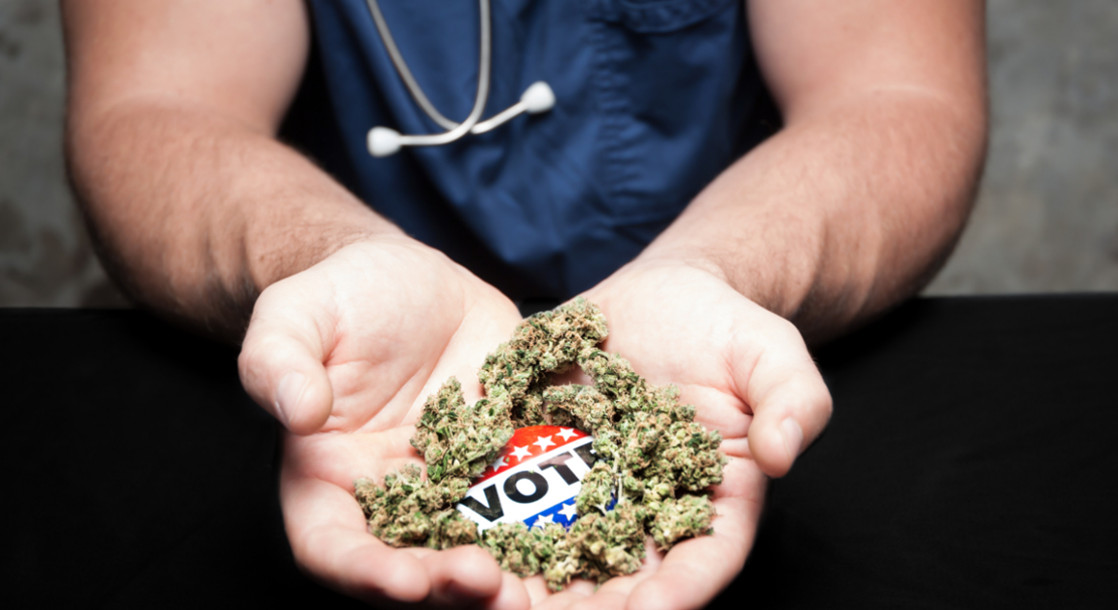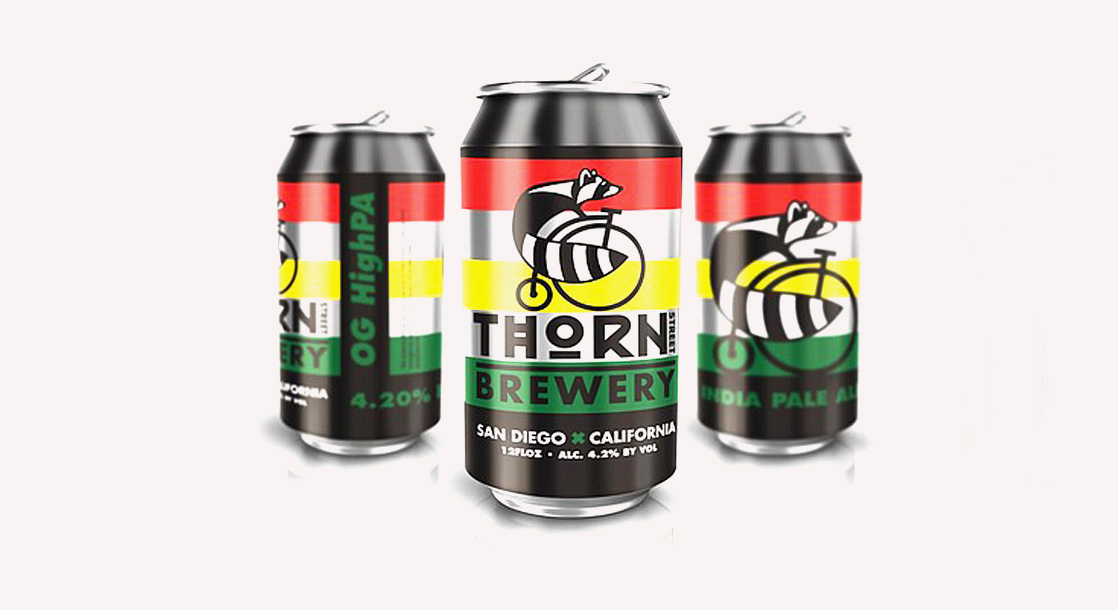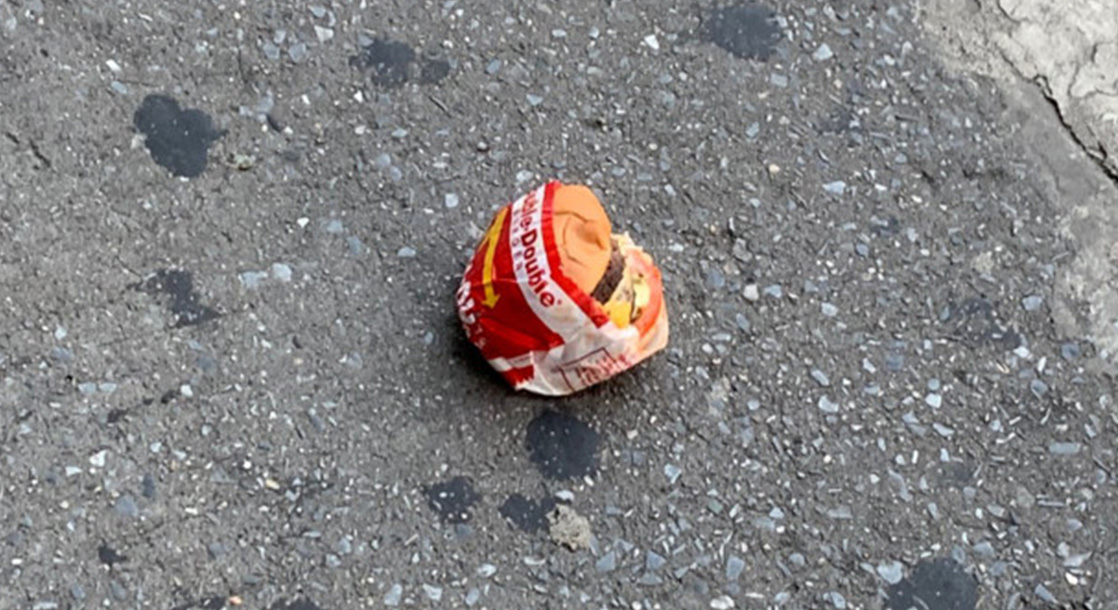Oklahoma may be one of the next states to legalize cannabis for medical use, thanks to the efforts of activists who collected enough signatures to get a medical marijuana measure onto next year's state ballot. Oklahomans for Health, the main group behind the petition, expected that the issue would come up for a popular vote next November, but they're now reporting that Gov. Mary Fallin may move the measure to the summer 2018 primary.
“The current understanding is that Mary Fallin will set the date to vote on SQ788 as June 26, 2018,” wrote Oklahomans for Health wrote on their Facebook page. “When we know for sure we will be making big announcements, but for now it’s time to plan for a Primary election!” The group told Marijuana Moment that they sourced this information from “unnamed former legislators who have connections with the current leadership.”
“We’ve been prepping for June in anticipation of this. The leadership doesn’t want SQ788 on the general ballot,” said the group to Marijuana Moment. Primary elections usually have much lower turnouts than general elections, which could work either for or against the measure, depending on activists' success at getting pro-cannabis voters to the booths in June.
Advocates actually succeeded in getting enough signatures to have a medical cannabis measure included on the 2016 ballot, but former Attorney General Scott Pruitt prevented the measure from making it to a final vote. Pruitt, who is currently working for the Trump administration as the head of the Environmental Protection Agency, initiated a dispute over the title of the measure, which was not resolved by the state's Supreme Court in time for inclusion in 2016.
If Gov. Fallin does decide to move the measure to June, it will be the first vote for medical cannabis in 2018. Cannabis advocates in Missouri and Utah are also circulating petitions to put medical cannabis measures on next year's ballots, and petitions for both medical and recreational cannabis legalization are circulating in South Dakota. In Michigan, activists have reported receiving 95% of the signatures needed to place a recreational legalization measure on next year's ballot.











